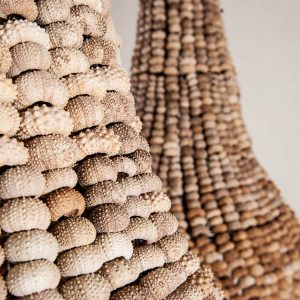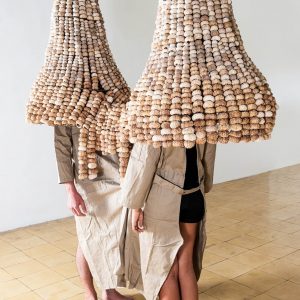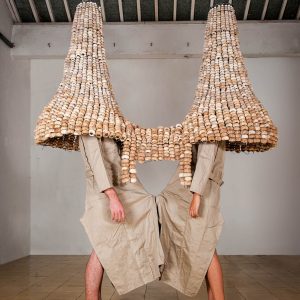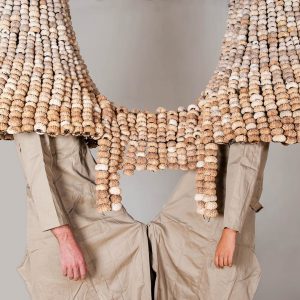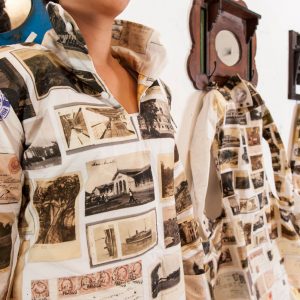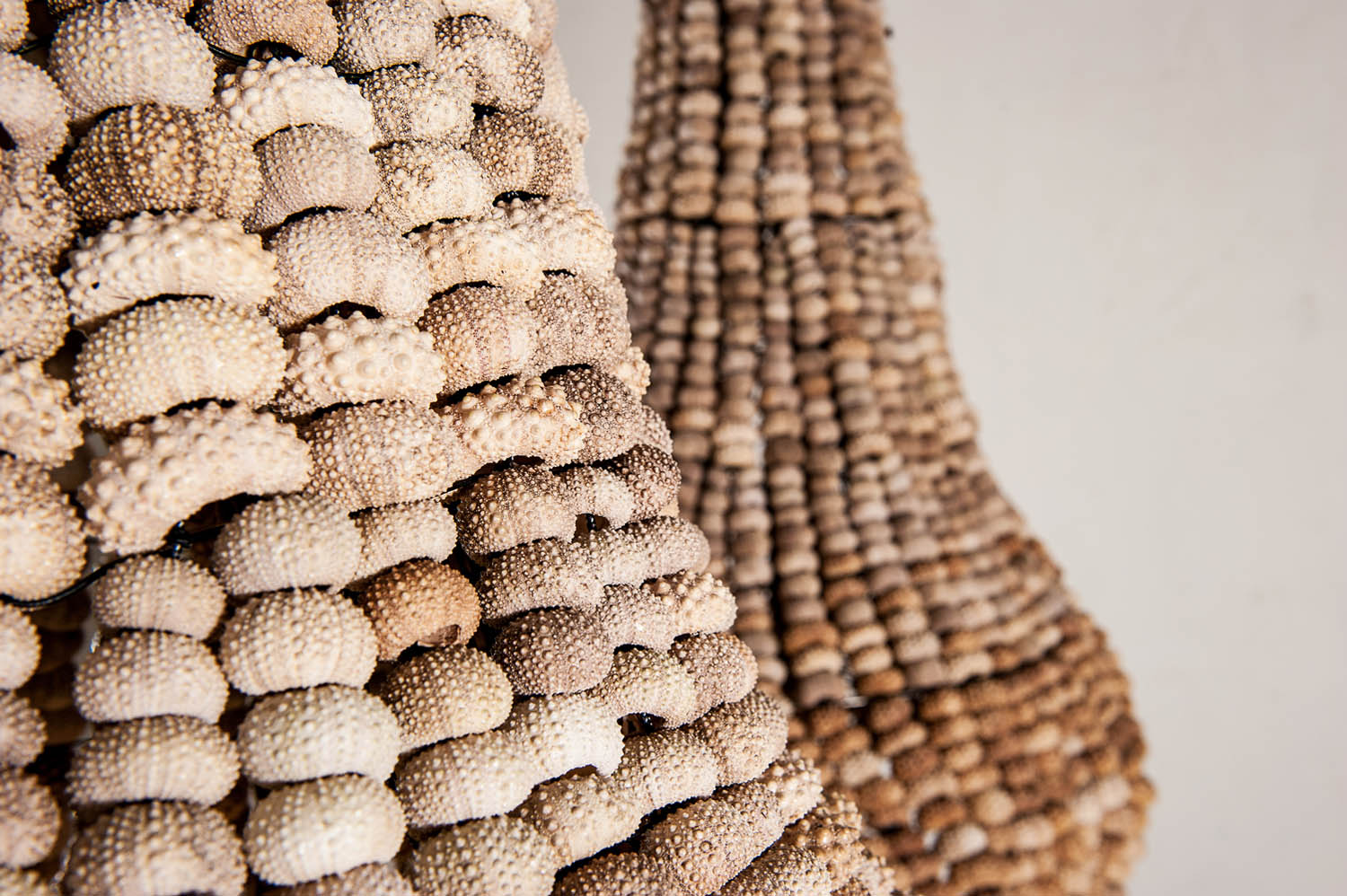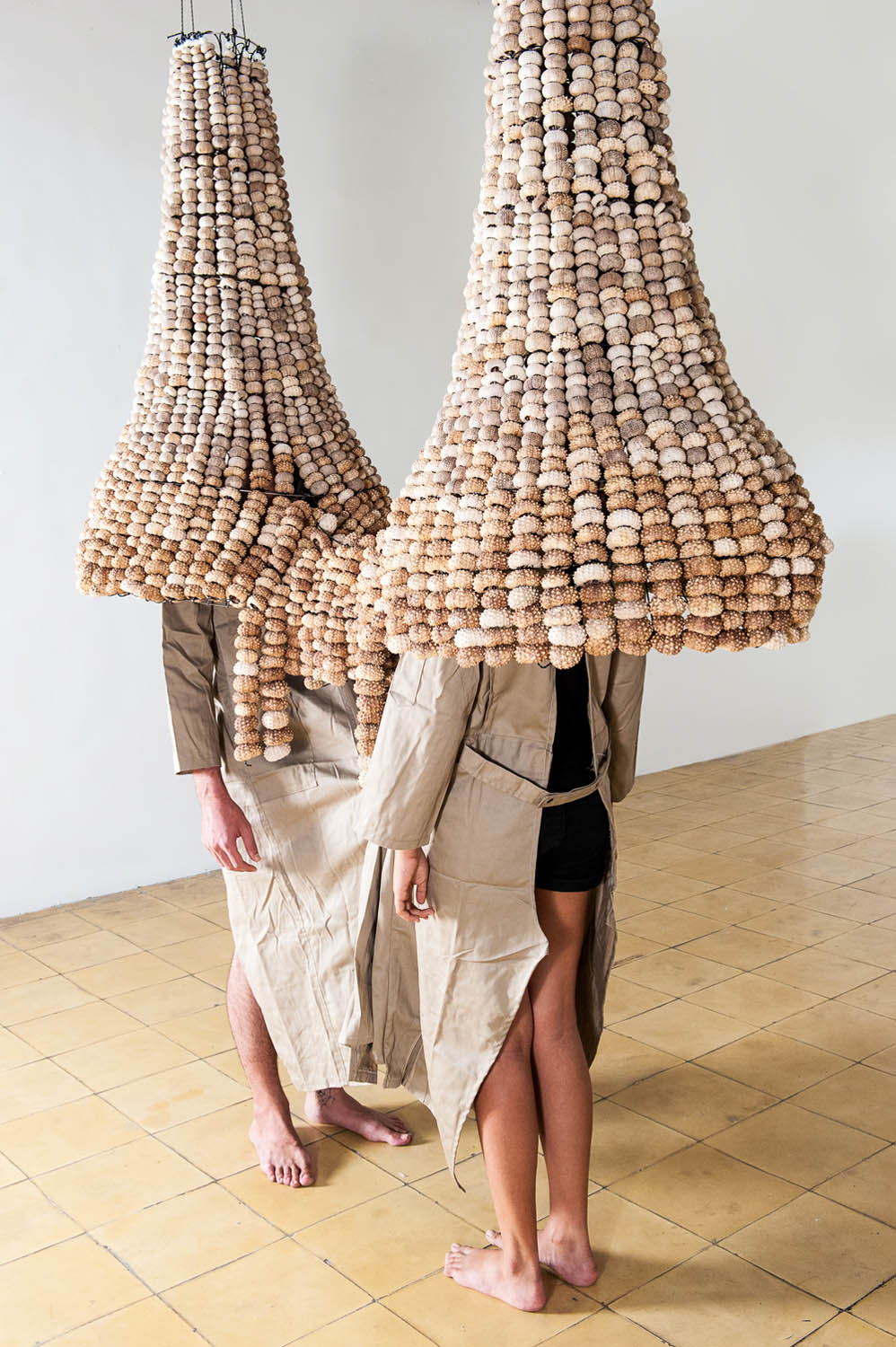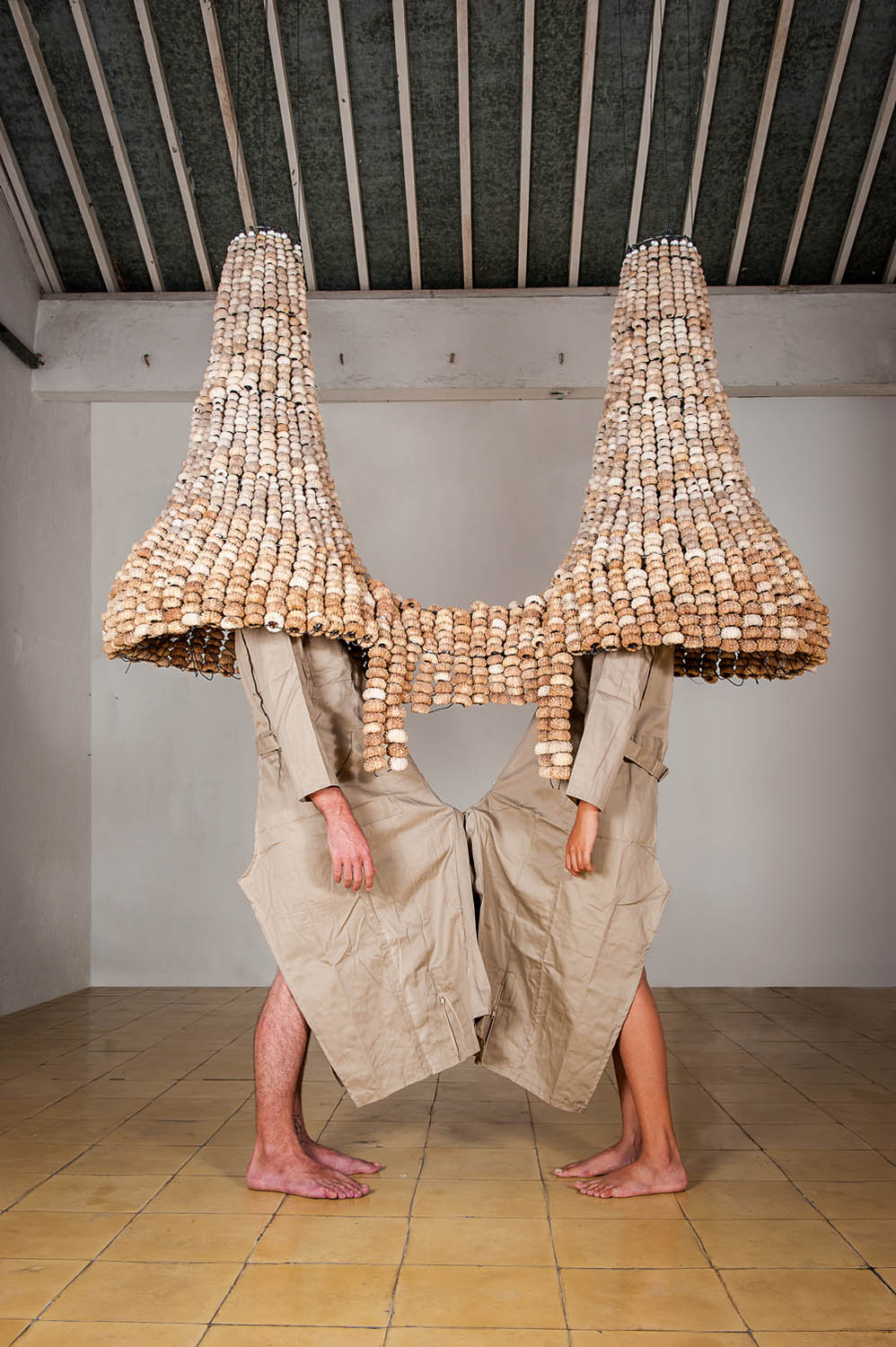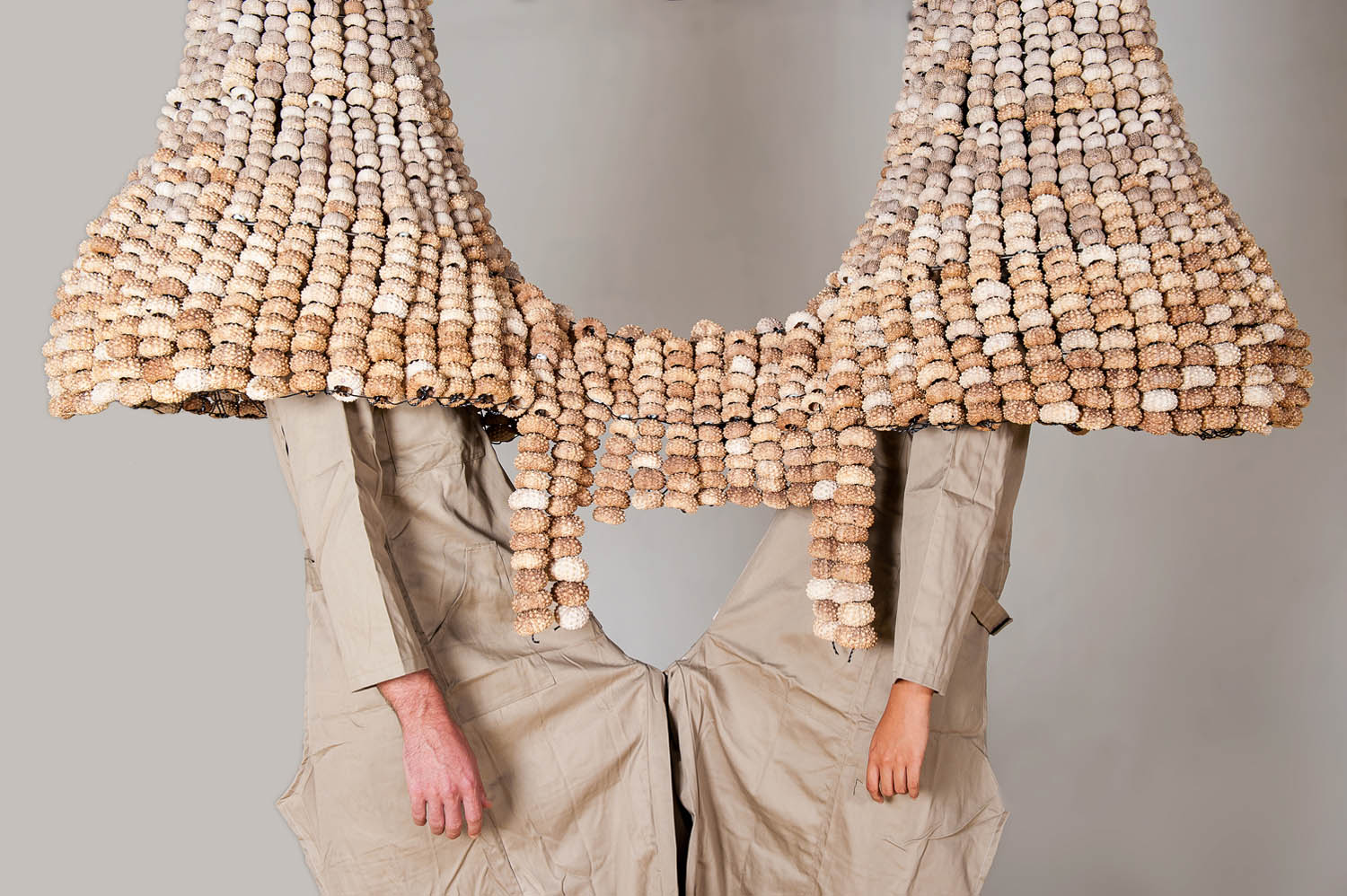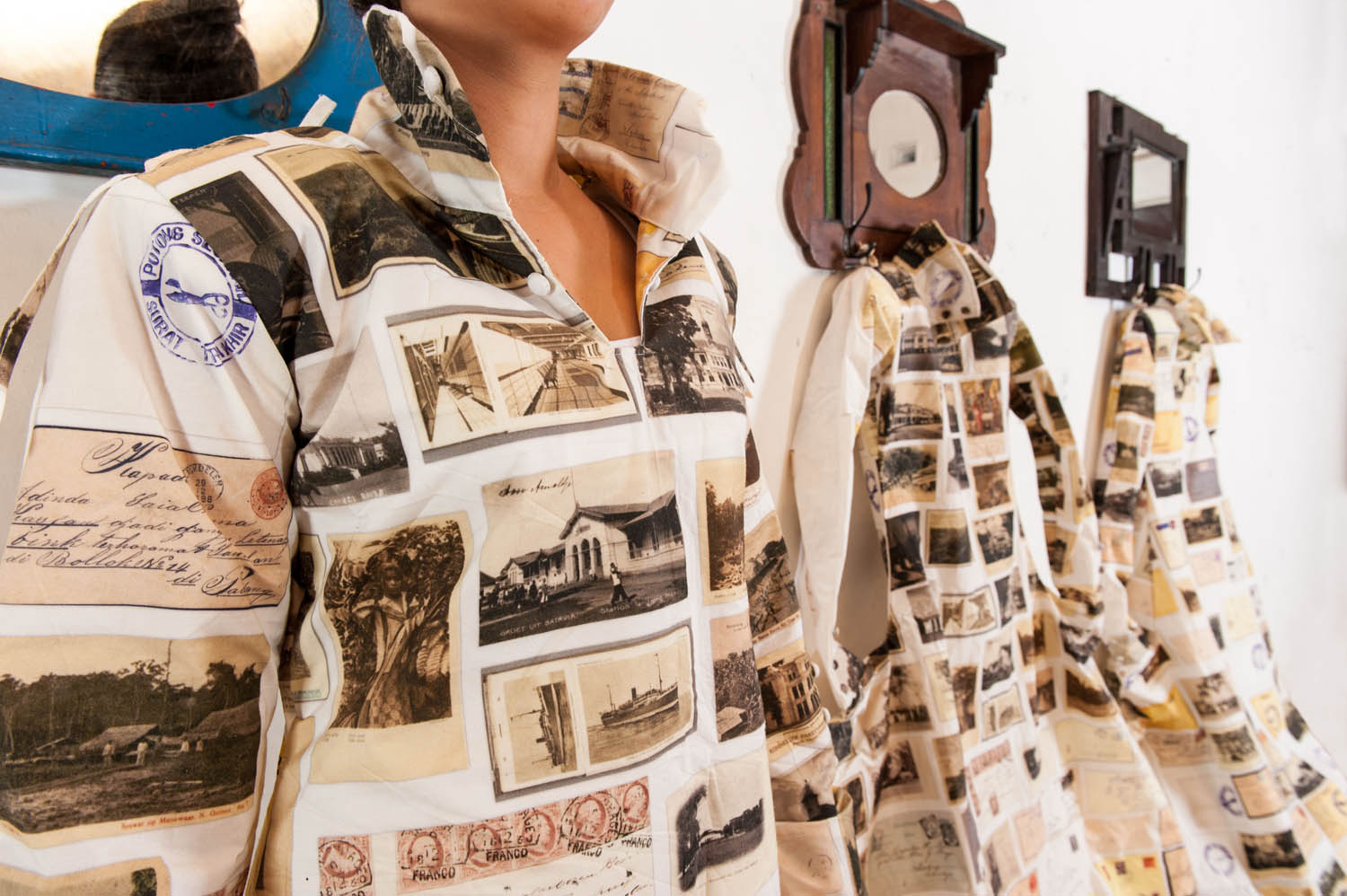I am interested in the question “What does it mean to be human?”. It is particularly interesting from the standpoint that it is impossible to have an objective or neutral view towards other people.
This work starts from the idea that Indonesia might possibly be the country that has the widest spectrum of sartorial covering or clothing in the world. In the Western provinces of Indonesia, bodies must be totally covered, while in Papua, the most eastern province of Indonesia, most tribal people wear few to no clothes.
The people in Banda Aceh, the Western-most province of Indonesia, live under or according to Sharia Law. Women are obliged to wear a jilbab or headscarf. In 2010, a law was passed that prohibits women from wearing skinny jeans or any other tight, revealing trousers. Male punk rockers were made to shave their mohawks. In Papua on the other hand, there are several different dress codes depending on the tribe and (often remote) location. In 2007, I travelled through Papua’s Balim Valley and in several villages I saw women with uncovered breasts and men wearing penis sheaths.
I am interested in how we position ourselves, how we relate to our environment and how we consider space. What is private space, what is public space and what is common space? As most Indonesian people nowadays live in urban contexts, the perception of these types of spaces have changed and are still changing. How do people in cities or in rural areas inhabit these different spaces? In the globalized and urban world, nearly all spaces are ruled, politicized and commercialized. The Indonesian government refuses to protect social space and the freedom to create one’s own cultural identity. This leads on the one hand to the occupation of space by commercial companies –the urban centers of Java contain an overdose of advertisements for instance — while on the other hand allowing for the development of dominant ideologies.
